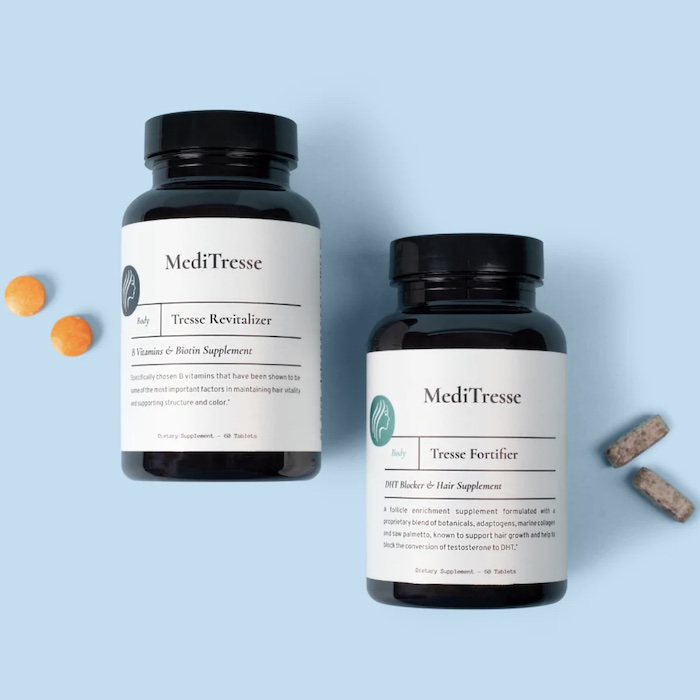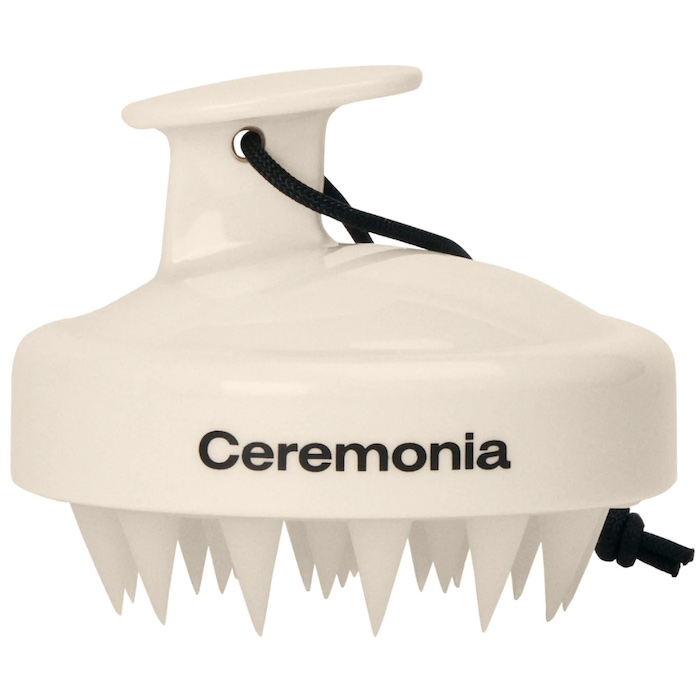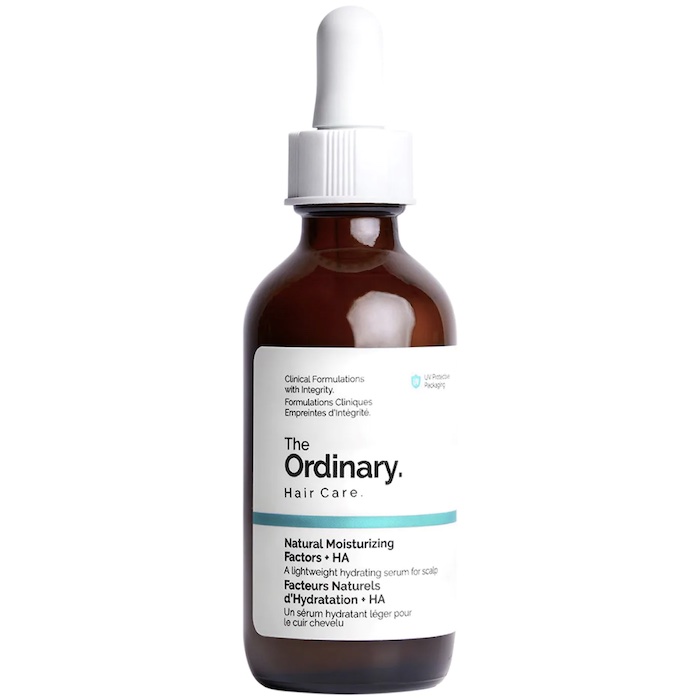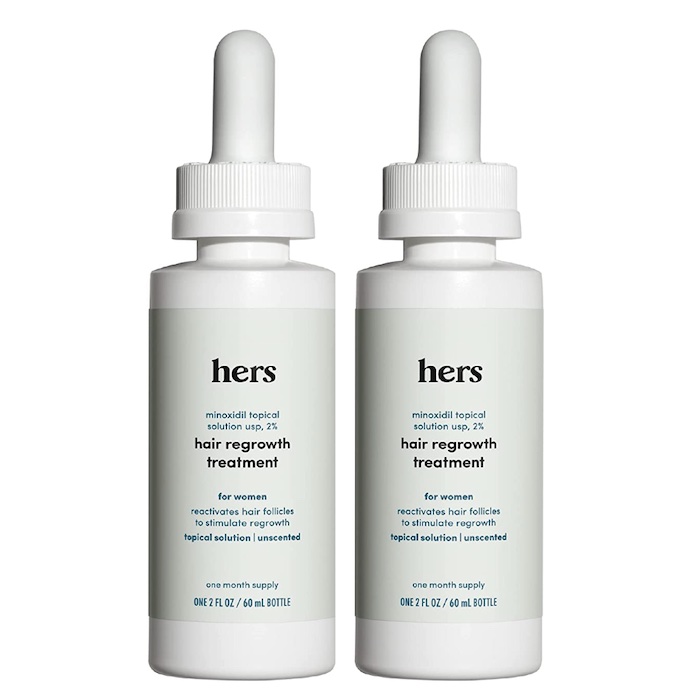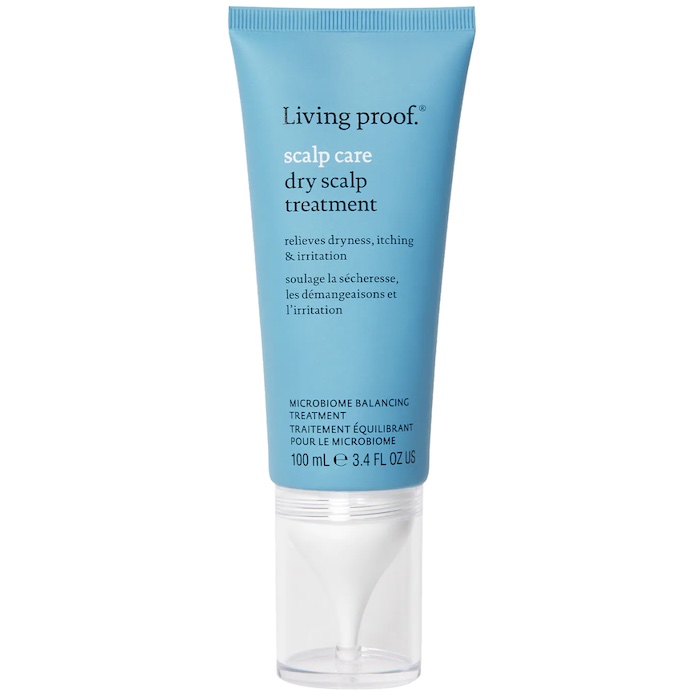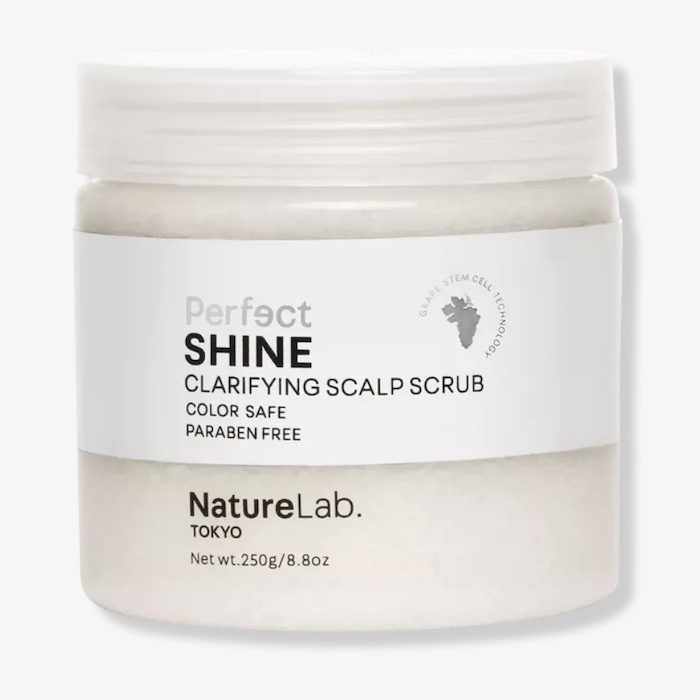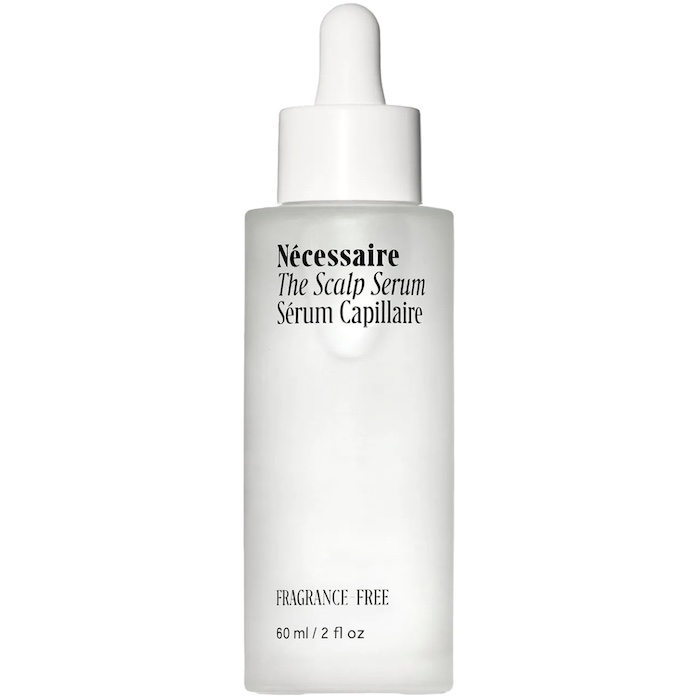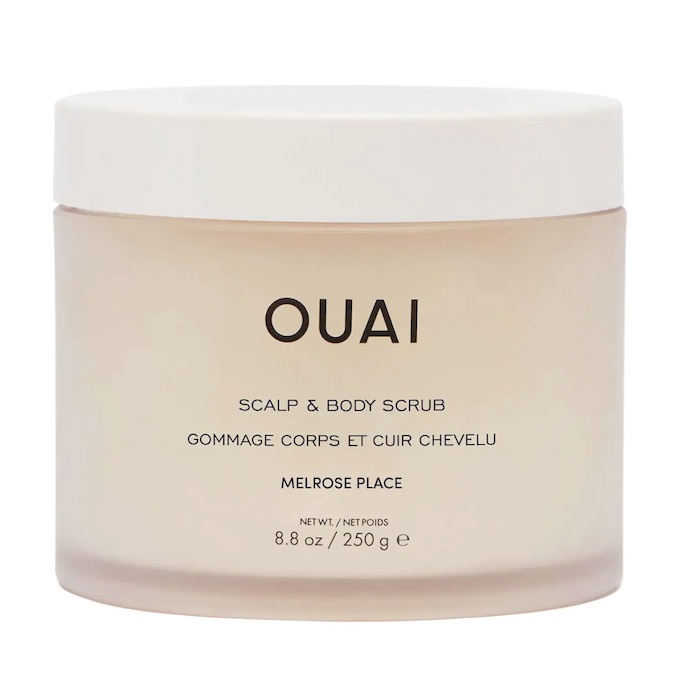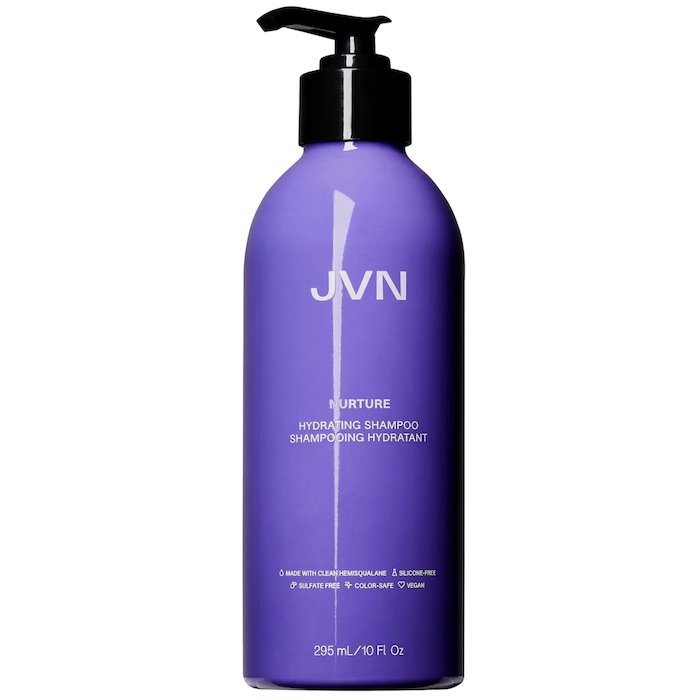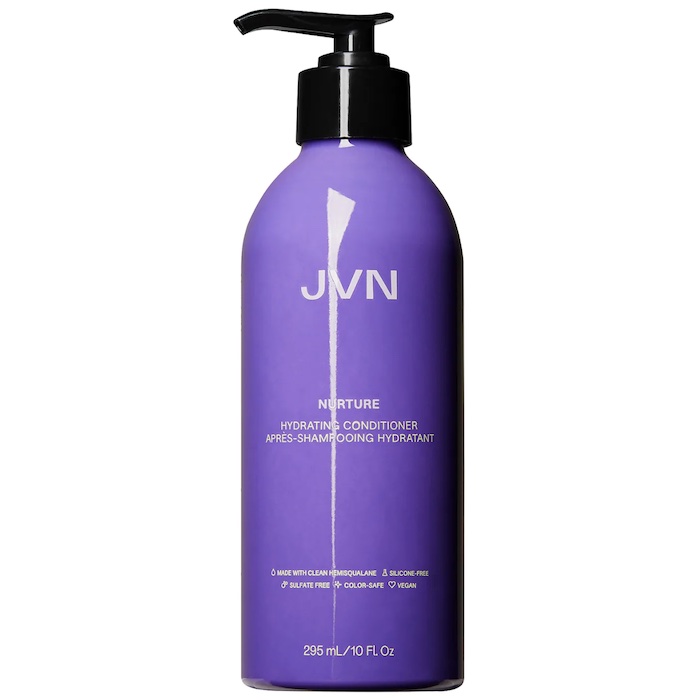Seasonal Hair Loss Is Real—Here's How to Stop Losing Strands in the Shower

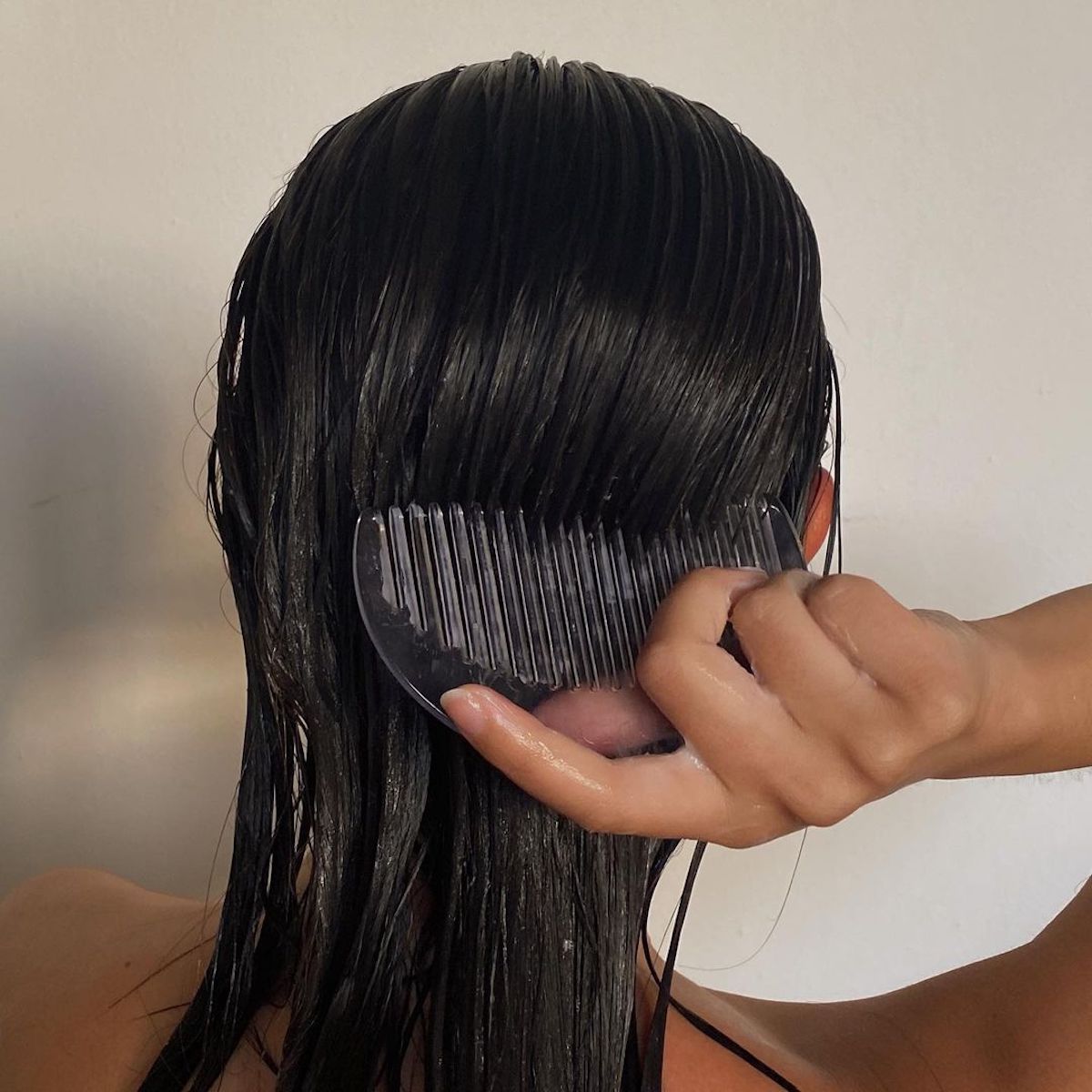
In the beauty world, there are few things I'd classify as disconcerting—such as running out of your favorite foundation when you need it most or realizing you didn't wear waterproof mascara as you're starting to tear up at your brother's wedding (yes, that last one is a personal example). Then, there are things I'd consider outright alarming, like hair loss.
While there are myriad reasons for hair loss, many people are unaware that it can be cyclical or seasonal in nature. Take it from Mary Wendel, MD, and National Medical Director at Medi Tresse. "Seasonal hair loss is indeed a real phenomenon," she says. "There have been a few observational studies done in men and women that show that hair shedding is relatively common during various seasons of the year. Most commonly, it is observed in the late summer and early fall but can occur during the late spring as well."
Keep reading to learn all about seasonal hair loss and what you can do about it, according to experts.
Why Seasonal Hair Loss Happens

Wendel says the causes of seasonal hair shedding aren't yet well understood, even by experts. "We are, after all, mammals, and other mammal species have very obvious cyclical thickening and shedding of fur and hair," she says. "Studies done in humans have shown that hair is actually thicker in the summer months, meaning that we actually have more hair strands. Apparently, we shed less and hold on to our hair during the summer months, only to shed more in the fall. There are probably many reasons why this happens, but nothing has yet been scientifically proven. There is speculation that thicker hair might protect the scalp from the damaging UVA and UVB rays of the sun. In addition, increased sun exposure during the summer does lead to increased Vitamin D absorption, and recent studies do demonstrate some benefits of Vit D for improved hair growth."
Craig Ziering, D.O., F.A.A.D., dermatologist, hair transplant surgeon, and owner of ZieringMedical, boils it down to temperature adaptation. "Seasonal hair loss happens when the change in temperature puts stress on the scalp and hair follicles, leading to hair strands falling out faster than usual. One way to think about it is simply—your body often reacts to the changing seasons; hair fall may be one of the ways your body is adapting. For some that change may be seasonal allergies, for others, it may be a shedding of hair."
How to Minimize or Prevent Seasonal Hair Loss
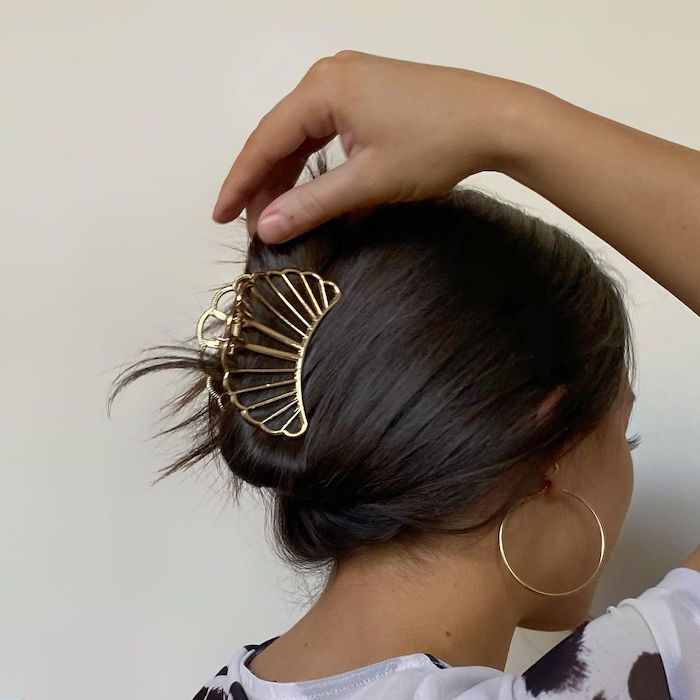
"While I don't think you can totally prevent seasonal hair shedding, I do think by being aware of the problem, you can try to minimize it by having good hair care practices and following a good diet with few processed foods, sticking to foods high in fresh ingredients, and taking a good supplement," Wendel says. She recommends Medi Tresse Fortifier & Revitalizer ($90) supplement. Both were specifically formulated to prevent female hair loss and contain ingredients like adaptogens, marine collagen, saw palmetto, and biotin.
Ziering also eschews the importance of a year-round hair and scalp routine. He suggests eating a healthy diet, avoiding shampoos and conditioners with sulfates and parabens, investing in a scalp scrub and hair mask, protecting the hair and scalp from UV rays, and limiting heat treatments and chemical processes.
Ziering also suggests tracking the patterns of your seasonal hair loss to better understand it. "When does it start? How long does it last? Or when does it typically stop? Once you see that pattern, you will know how to time a change in your normal hair care routine. At least 30 days prior to the common start of your seasonal shedding, check your diet, start a good hair supplement, get a daily workout in, and manage your hair care and styling regimen differently."
There are multiple products and treatments he suggests incorporating into a healthy hair and scalp routine, including a hair serum like KeraFactor, topical minoxidil, and a supplement like Nutrafol. All three can help prevent hair loss and boost hair density.
What to Do If You Think You're Experiencing Seasonal Hair Loss

Wendel says there's good news when it comes to seasonal hair loss, and that's that it usually resolves on its own. "There are more severe types of hair shedding, like telogen effluvium, which require an evaluation and sometimes treatment, but seasonal loss usually does not. Having said that, I think that if you have a history of this, it is essential to pay close attention to scalp health. Another potential contributing factor could be dryness which occurs during the colder fall months, making moisturizers essential to keeping the scalp and hair healthy."
In that case, she suggests reaching for a moisturizing conditioner and hydration serum to add moisture back into the hair and scalp. (She recommends the Medi Tress Keratin Deep Conditioner and Hydrating Serum specifically). "It's also a good time to consider a scalp detox, either with a deep scalp cleanse in a salon or medical office, or at home with a scalp and root cleanser like Medi Tresse Root Cleanse Shampoo, followed by a deep conditioner. A healthy scalp is essential for healthy hair growth."

Ziering also recommends focusing on moisture. "A dry scalp can cause inflammation and increased hair loss," he says. Using a deep conditioning mask once per week is important." He also recommends avoiding tight hairstyles, heat, chemical processing, and the sun. "Protecting your hair and scalp from excessive exposure to the sun, pollution, rainwater, and dust is beneficial because these elements make hair dry, brittle, and limp."
Finally, keep up with your proactive hair and scalp routine. Eat a healthy diet, take a supplement, reduce stress levels as best you can, and use gentle shampoos and conditioners. He recommends two of his own products: the Follicle Cleanse and Sustenance ($200), both of which are expertly formulated to restore a healthy scalp and hair.

If your seasonal hair loss doesn't let up after a few months, it's time to see a specialist. "If the shedding doesn’t slow down, or seems excessive, it is important to be evaluated by a hair loss specialist to determine the cause and proper treatment if necessary," Wendel says.
Ziering agrees. "While seasonal shedding may be at the root of your hair loss, there are other causes to consider. Life situations that influence hair loss include genetics, age, medical conditions, illness, pregnancy, childbirth, hair care, certain hairstyles, scalp health, stress, medications, hormonal imbalance, and more," he says. "If the hair shedding continues, it may be unmasking genetic pattern hair loss, and it's time for medical intervention."
Shop Healthy Hair and Scalp Products
Next: I Asked a Celeb Hairstylist How to Make My Hair Grow Faster—Here's What He Said

Kaitlyn McLintock is a Beauty Editor at Who What Wear. She has 10 years of experience in the editorial industry, having previously written for other industry-leading publications, like Byrdie, InStyle, The Zoe Report, Bustle, and others. She covers all things beauty and wellness-related, but she has a special passion for creating skincare content (whether that's writing about an innovative in-office treatment, researching the benefits of a certain ingredient, or testing the latest and greatest at-home skin device). Having lived in Los Angeles, California, and Austin, Texas, she has since relocated back to her home state, Michigan. When she's not writing, researching, or testing beauty products, she's working through an ever-growing book collection or swimming in the Great Lakes.
